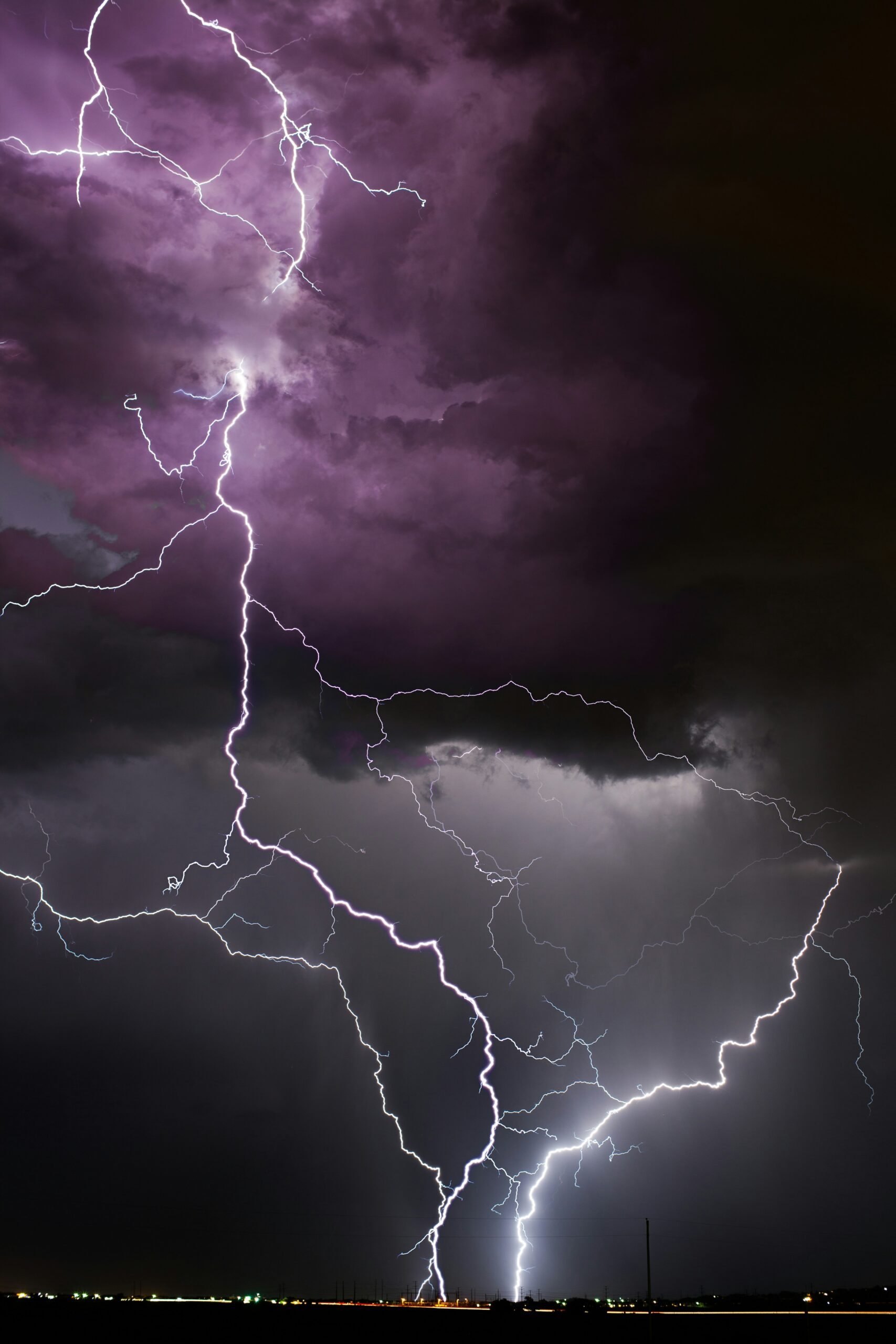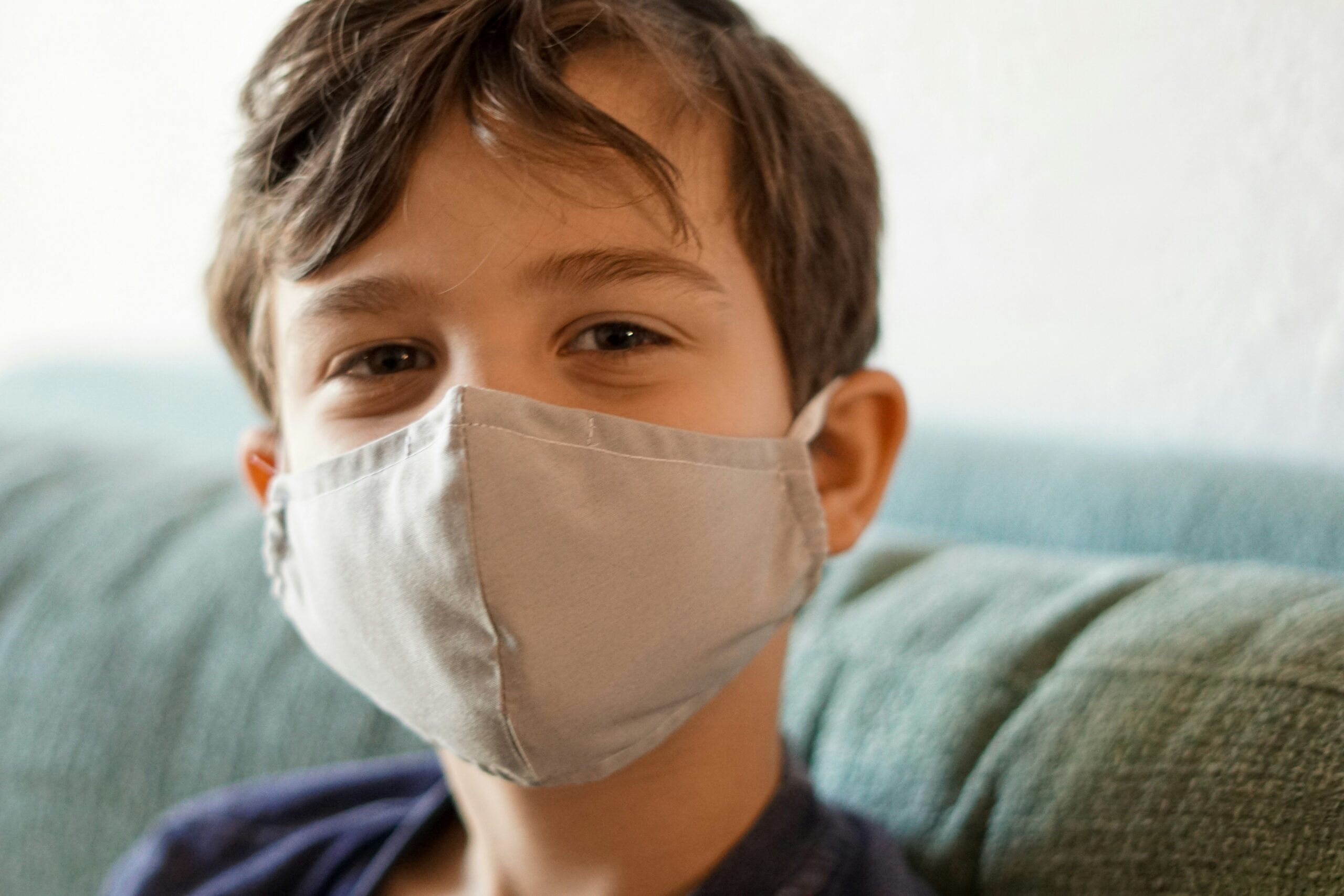Imagine this scenario: you’re sitting at home, enjoying a quiet evening, when suddenly the lights flicker and everything goes dark. A power outage has struck, leaving you unprepared and unsure of how to navigate this unexpected situation. In moments like these, it’s vital to have a plan in place to ensure your safety. From staying connected to your loved ones to finding alternative sources of light, this article will provide you with practical tips and advice on how to stay safe during a power outage.
Preparing for a Power Outage
Creating an Emergency Kit
When preparing for a power outage, one of the first things you should do is create an emergency kit. This kit should include essential items that you may need during a power outage, such as flashlights, batteries, a first aid kit, non-perishable food items, and bottled water. It is important to ensure that the emergency kit is easily accessible and that all family members are aware of its location.
Stocking up on Supplies
Another important step in preparing for a power outage is stocking up on supplies. This includes having an ample supply of non-perishable food items that do not require refrigeration or cooking. Canned goods, granola bars, and peanut butter are all good options to consider. Additionally, it is crucial to have enough bottled water for each family member, as well as any necessary medications, diapers, and pet supplies.
Keeping Important Documents and Medications Secure
Before a power outage occurs, it is essential to make sure that important documents and medications are kept secure. This includes storing important documents such as insurance policies, identification, and medical records in a waterproof and fireproof container. It is also wise to have an extra supply of necessary medications, ensuring that they are stored in a cool and dry place. Taking these steps will help protect your vital information and ensure that you have the necessary medications on hand during a power outage.
Safety Measures during a Power Outage
Ensuring Personal Safety
During a power outage, it is crucial to prioritize personal safety. Make sure to stay indoors and avoid going outside unless absolutely necessary, especially during severe weather conditions. If you need to venture outside, be cautious of any fallen power lines and report them to the appropriate authorities. Inside your home, be mindful of using candles or open flames for lighting, as they pose a fire hazard.
Preventing Fire Hazards
To prevent fire hazards during a power outage, it is important to use alternative sources of lighting safely. Instead of using candles, opt for battery-powered or solar-powered lights. If candles must be used, place them in sturdy holders and ensure they are never left unattended. Additionally, it is crucial to keep flammable materials away from any alternative heating sources, such as portable generators or space heaters.
Using Generators Safely
If you decide to use a generator during a power outage, it is vital to use it safely to avoid potential hazards. Generators should always be used outdoors, away from windows, doors, and vents to prevent carbon monoxide poisoning. Never connect a generator directly to your home’s electrical system; instead, use heavy-duty extension cords to connect necessary appliances directly to the generator. It is also important to follow the manufacturer’s instructions for safe operation and maintenance of the generator.
Handling Food and Cooking
During a power outage, it is necessary to handle food safely to prevent illness. Keep refrigerator and freezer doors closed as much as possible to maintain the cold temperature. If the power outage is expected to last longer than four hours, transfer perishable items to a cooler with ice to preserve their freshness. Use a food thermometer to ensure that the internal temperature of refrigerated and frozen foods remains safe. Avoid using gas stoves or charcoal grills indoors, as they can produce carbon monoxide.
Managing Heating and Cooling
When it comes to managing heating and cooling during a power outage, it is important to be prepared. Have extra blankets, sleeping bags, or warm clothing available to layer up for warmth in cold weather. If you have a fireplace or wood-burning stove, make sure it is properly maintained and ready for use. In hot weather, try to stay in the lowest level of your home where it is typically cooler. Use fans, open windows during cooler hours, and drink plenty of fluids to stay hydrated.
Avoiding Carbon Monoxide Poisoning
To avoid carbon monoxide poisoning during a power outage, it is crucial to be aware of the potential sources of this deadly gas. Never operate gas-powered equipment, such as generators or cars, inside your home or garage. Make sure all fuel-burning appliances are properly vented and maintained to prevent carbon monoxide buildup. Install battery-powered carbon monoxide detectors on every level of your home to provide an early warning of any CO presence.

Keeping Communication Channels Open
Maintaining a Charged Phone
During a power outage, it is essential to have a charged phone to stay connected with the outside world. Make sure to charge your phone and any necessary backup batteries or power banks before the power outage occurs. Limit non-essential phone use to conserve battery power, and consider using the power saving mode on your device to extend battery life. Keep important contact numbers, such as emergency services and family members, readily accessible in case of an emergency.
Utilizing Alternative Means of Communication
In the event of a power outage, it is important to have alternative means of communication. Keep a battery-powered or hand-crank radio on hand to stay informed about any emergency updates or weather conditions. Consider purchasing a NOAA weather radio that provides real-time information from the National Weather Service. Additionally, have a plan in place to communicate with family and friends using alternative methods, such as text messages or social media, when normal communication channels are unavailable.
Protecting Home and Property
Securing Doors and Windows
During a power outage, it is important to secure your home and property. Make sure all doors and windows are securely locked to prevent unwanted entry. If necessary, use alternative methods to reinforce doors and windows, such as placing a sturdy object like a broom handle in the track of sliding glass doors. Ensure that any security systems or alarms are equipped with backup power sources to continue functioning during a power outage.
Taking Care of Plumbing System
To prevent potential damage and complications during a power outage, it is important to take care of your plumbing system. Turn off the main water valve to prevent any potential leaks or bursts in your pipes. Drain any stagnant water from the plumbing system by opening faucets and allowing them to run until the water stops flowing. This will help prevent water damage or contamination if the power outage affects the water supply.
Avoiding Flooding and Water Damage
During a power outage, it is important to take precautionary measures to avoid flooding and water damage. Clear gutters and downspouts of any debris to ensure proper drainage. Consider installing a battery-powered sump pump in your basement or crawl space to prevent flooding. If a storm is forecasted, remove any outdoor furniture or items that could be swept away or damaged by high winds or heavy rainfall.

Caring for Children and Family Members with Special Needs
Ensuring Safety of Infants and Young Children
When caring for infants and young children during a power outage, there are some additional safety measures to consider. Ensure that you have an ample supply of diapers, formula, and other necessary baby supplies on hand. Keep flashlights with fresh batteries in the nursery for nighttime care needs. Use battery-powered or wind-up mobiles or toys to entertain your child in the absence of electricity. Keep a manual or battery-operated baby monitor in case you need to leave the room.
Meeting the Needs of Elderly or Disabled Family Members
If you have elderly or disabled family members, it is important to take their specific needs into consideration during a power outage. Ensure that they have access to any necessary medical equipment, such as oxygen tanks or mobility aids, that require electricity. Have a plan in place to assist with medication management and keeping them comfortable during extreme temperatures. Check-in regularly to ensure their well-being and provide assistance as needed.
Dealing with Extreme Weather Conditions
Staying Safe during Winter Storms
Winter storms can often lead to power outages, so it is important to stay safe during these extreme weather conditions. Keep warm clothing, blankets, and extra layers readily available to combat the cold. If using alternative heating sources, such as a fireplace or wood-burning stove, ensure they are properly ventilated and follow all safety guidelines. Avoid traveling unless absolutely necessary, as roads may be icy and treacherous. Keep an emergency kit in your car in case you get stranded, including blankets, a flashlight, and some non-perishable food items.
Coping with Excessive Heat
During power outages in hot weather, it is crucial to take measures to cope with excessive heat. Stay hydrated by drinking plenty of fluids, even if you don’t feel thirsty. Wear loose-fitting, lightweight clothing to allow your body to cool down naturally. Keep blinds or curtains closed during the hottest parts of the day to block out direct sunlight. If possible, spend time in air-conditioned public places such as malls or libraries to escape the heat.

Preparing for Prolonged Power Outages
Creating a Long-Term Plan
When preparing for prolonged power outages, it is important to have a long-term plan in place. Consider investing in a backup power generator to provide electricity during extended outages. Determine which essential appliances or systems in your home you would like to prioritize for power availability. Have a plan for storing and replenishing supplies for extended periods, including non-perishable food, water, and necessary medications. Regularly review and update your plan to ensure it remains relevant and effective.
Alternative Power Sources
In addition to backup generators, there are other alternative power sources that can be considered during prolonged power outages. Solar power systems, for example, can provide a sustainable and eco-friendly source of energy. Battery storage systems can store excess energy when the power is on and provide electricity when the grid is down. It is important to research and understand the costs, installation requirements, and maintenance involved with alternative power sources before making a decision.
Staying Safe at Night
Using Flashlights and Portable Lighting
When it comes to staying safe at night during a power outage, flashlights and portable lighting are essential. Ensure that you have an adequate supply of flashlights and batteries readily available. Consider investing in battery-powered lanterns or LED lights for more widespread illumination. Place these light sources strategically throughout your home to provide sufficient lighting in case of a power outage.
Avoiding Candle-Related Accidents
While candles may seem like a traditional option for lighting during a power outage, they can pose a significant fire hazard if not used safely. If using candles, always place them in sturdy holders and keep them away from flammable materials. Never leave candles unattended, and always extinguish them before going to sleep or leaving the room. To minimize the risk of fire, consider using battery-powered or solar-powered lights as an alternative to candles.
Knowing What to Do When The Power Returns
Inspecting Electrical Appliances and Devices
Once the power is restored after a power outage, it is important to inspect your electrical appliances and devices before using them. Look for any visible damage or signs of electrical problems, such as frayed cords or scorch marks. If you suspect any damage or are unsure about the safety of an appliance, consult a professional electrician. Avoid overloading outlets and use surge protectors to prevent damage from power surges when electricity is restored.
Resetting Clocks and Systems
When the power returns, take the time to reset any clocks, timers, and other systems that may have been affected by the outage. This includes resetting alarm clocks, thermostats, and any electronic devices that need to be synchronized to the correct time. It is also important to check the settings on appliances such as refrigerators or freezers to ensure they are functioning properly after the power outage.
Seeking Assistance and Providing Help
Contacting Emergency Services
In the event of a power outage, don’t hesitate to contact emergency services if needed. If there is a medical emergency or threat to personal safety, dial emergency services immediately. If you come across fallen power lines, downed trees, or other hazards that require attention, report them to the appropriate authorities promptly. Remember that emergency services are there to help and should be contacted when necessary.
Looking out for Neighbors
During a power outage, it is important to look out for your neighbors and offer assistance if possible. Check on elderly or disabled neighbors to ensure their safety and well-being. Share any available resources or information that may be helpful to them. A sense of community and support can make a significant difference during challenging times, fostering a stronger and more resilient neighborhood.
Volunteering in the Community
If you are able to do so, consider volunteering in your community during a power outage. Many local organizations and emergency response teams rely on volunteers to help distribute supplies, provide shelter, or offer assistance to those in need. Reach out to local agencies or community centers to find out how you can contribute your skills and time to help others during and after a power outage.
By following these comprehensive guidelines for preparing, staying safe, and providing help during a power outage, you can navigate through this challenging situation with confidence and resilience. Remember to stay calm, be prepared, and prioritize personal safety and the well-being of your family and community. With the right precautions and mindset, you can effectively cope with power outages and ensure the safety of yourself and your loved ones.

